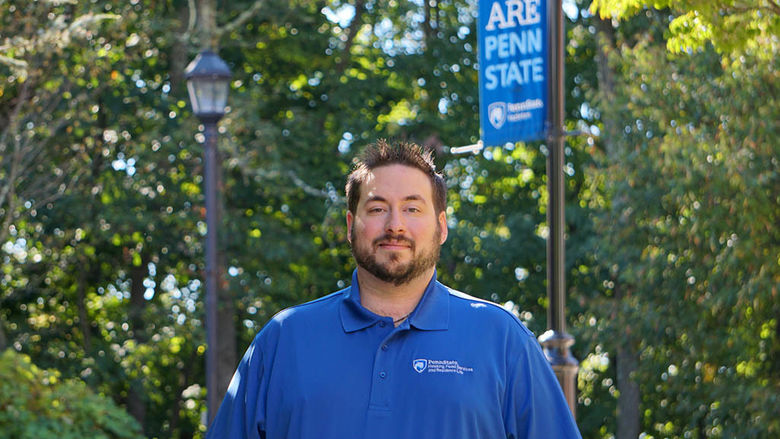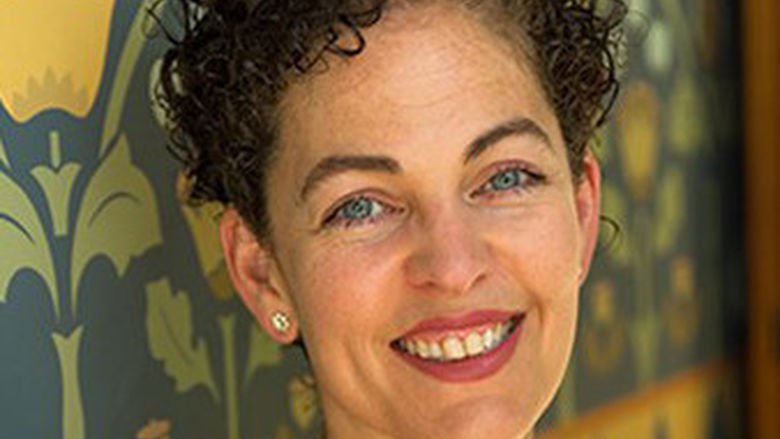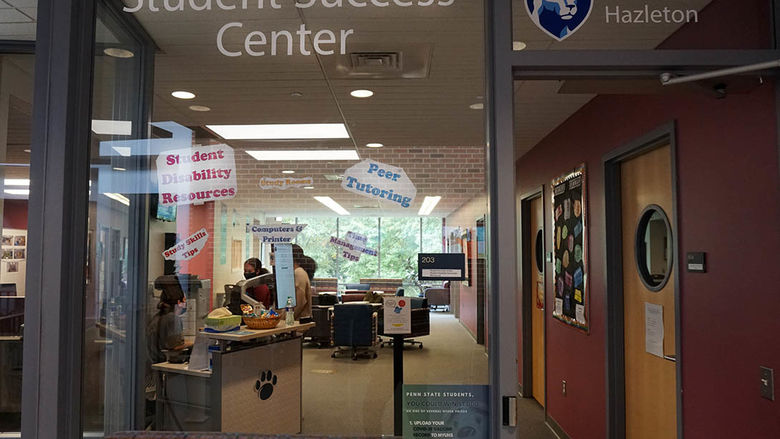HAZLETON – As remote learning extends into summer, a wide range of care resources and programs remain available to students continuing to adjust to changes to their everyday lives.
Student Care and Advocacy provides a year-round support network to students facing a variety of sudden hardships, such as those brought on by the COVID-19 pandemic.
“We understand what a big transition this was for our students,” said Director of Student Services and Engagement Tracy Garnick. “Many have had difficulties adjusting. Continuing our outreach and student care resources, even though not in person, is an important way to show students that we care and are here for them.”
For assistance, students can continue to access programs and services offered by the University, including but not limited to:
Student Needs Survey
Created by the Penn State Hazleton Student Care and Advocacy team, the Student Needs Survey is designed to connect students in need to those on campus who can help. The short survey can provide answers to basic questions or assist students in finding food or housing.
Student Care and Advocacy Emergency Fund
Students facing sudden financial hardships brought on by the COVID-19 crisis can apply for assistance through the Student Care & Advocacy Emergency Fund. The fund helps students challenged to afford housing, transportation, basic needs related to the adjustment to remote learning or other unforeseen personal difficulties. Those in the community interested in helping can donate to the Student Emergency Fund at Penn State Hazleton.
Insurance Resources
Student Insurance Advocate Natasha Gates commonly assists eligible students in applying for Medicaid in different states. The applications often include options to apply for assistance with food, housing and income. Students interested in learning what programs they may be eligible for can schedule a time to speak with Gates by emailing [email protected] or by calling 814-865-7467.
Crisis hotlines
Penn State’s 24/7 Crisis Line can be reached by phone at 877-229-6400 or by texting "LIONS" to 741741.
The National Suicide Hotline can be reached at 800-273-8255
Mental Health Screenings
Online mental health screenings are completely anonymous and cover several areas of mental health, including depression, anxiety, academic distress, eating concerns, family stress and alcohol use.
Thriving Campus
Thriving Campus is an online directory that can help students find a mental health provider in their community. The site provides a list of off-campus, licensed mental health clinicians, many of whom specialize in working with students, and resources and tips for securing care.
WellTrack
WellTrack is an interactive, self-therapy tool available to students anytime, anywhere. WellTrack features a wellness assessment that students can take one time, or on an as-needed basis, to help them understand the activities associated with when they feel better and worse, and to identify patterns in their daily activities and how they are feeling. WellTrack also includes programs that can be completed at a student's own pace with content focused on anxiety and stress, depression and public speaking.
Life Hacks
Life Hacks is a free support service for students feeling anxious or stressed about the adjustment to remote learning. Zoom sessions are hosted twice daily, Monday through Friday, and are staffed by therapists with Counseling and Psychological Services (CAPS), a unit of Penn State Student affairs.
You@PSU
You@PSU consolidates resources, tools and information on a broad range of topics into an online portal. Students can create a confidential profile to access content on mental and emotional well-being, academics, career success and relationships. There is also valuable information on COVID-19 such as working and learning remotely, managing fears and anxieties and staying connected while physical distancing.
For questions or for more information about accessing our care resources, please contact Tracy Garnick, chair, student care and advocacy, at [email protected].




